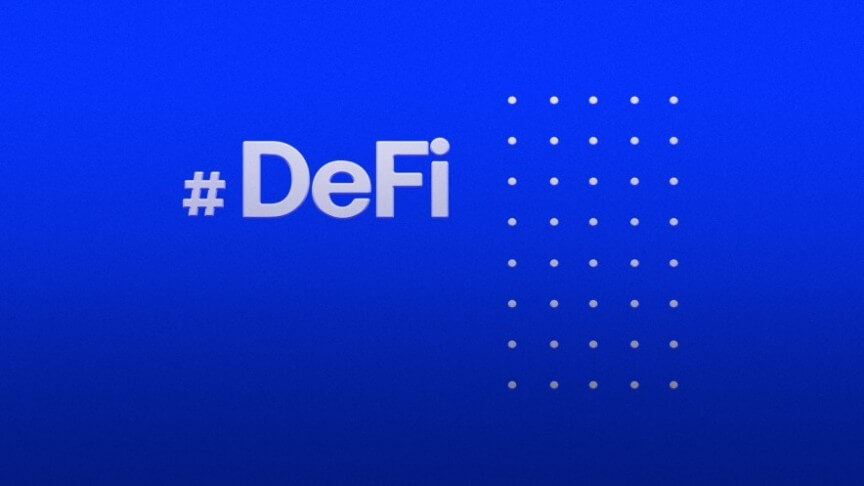Join Our Telegram channel to stay up to date on breaking news coverage
Billions of USD has been poured into hundreds of so-called decentralized finance (DeFi) apps by various investors. These apps allow users to borrow, lend, and otherwise trade cryptocurrencies. Then, along came SushiSwap, a strange beast indeed.
Copying And Pasting For Big Gains
SUSHI, contrary to the massive amounts of capital it saw, is only a handful of weeks old. It stands as a critical example of how the copy-and-paste culture of the DeFi space can be dangerous, and further highlights the lack of decentralization within decentralized finance.
It was back in August when “Chef Nomi” popped on to the scene, copying the code of Uniswap, a very successful DeFi project, and dubbed this wholly original creation with the name SushiSwap. The only key difference between the two projects is that SushiSwap offered its own token, aptly named SUSHI. This, in turn, lured in hundreds of millions of users funds in order to support the project within a matter of days.
An Industry-Wide Outrage
Chef Nomi was apparently quite clever, cashing out in early September for the entire thing collapsed on itself. As a result, Nomi managed to rake in around $13 million, which led to a rather understandable amount of backlash from SUSHI holders. It wasn’t long before the price of the coin saw a plummet of almost 80%. This, in turn, caused the entire DeFi token sector, estimated to be worth $15 billion, to dip.
Nic Carter stands as a co-founder of the Coin Metrics research firm, and described SushiSwap as a “come-to-Jesus” moment for a lot of participants within the industry. Carter explained that it’s becoming more and more clear that the majority of the DeFi projects and the tokens out there, which entitle holders a share of the revenue more often than not, are overvalued.
Crypto’s New Dilemma
Anthony Sassano, a prominent figure within the crypto space, even made a joke about how explaining the SushiSwap saga to someone out of the scene is akin to explaining an extremely fringe conspiracy theory.
With most DeFi projects being open-source, it’s easy for anyone to just copy it outright. This, in turn, allows users to duplicate a product, with only slight modifications here and there.
Carter likened this to being capable of copying the entire infrastructure of Apple, becoming an instantaneous competitor against it.
Lex Sokolin stands as the Global Fintech Co-Head of ConsenSys, and analyzed a growing tend of copy-pasting various protocols. These projects, Sokolin explained, are similar in value, but don’t have a sustainable economy.
The problem is, many of these DeFi projects are interconnected, using the same coins as other apps. This, in turn, results in a massive amount of get-rich-quick schemes, with yield harvesting being a prime example.
Join Our Telegram channel to stay up to date on breaking news coverage



